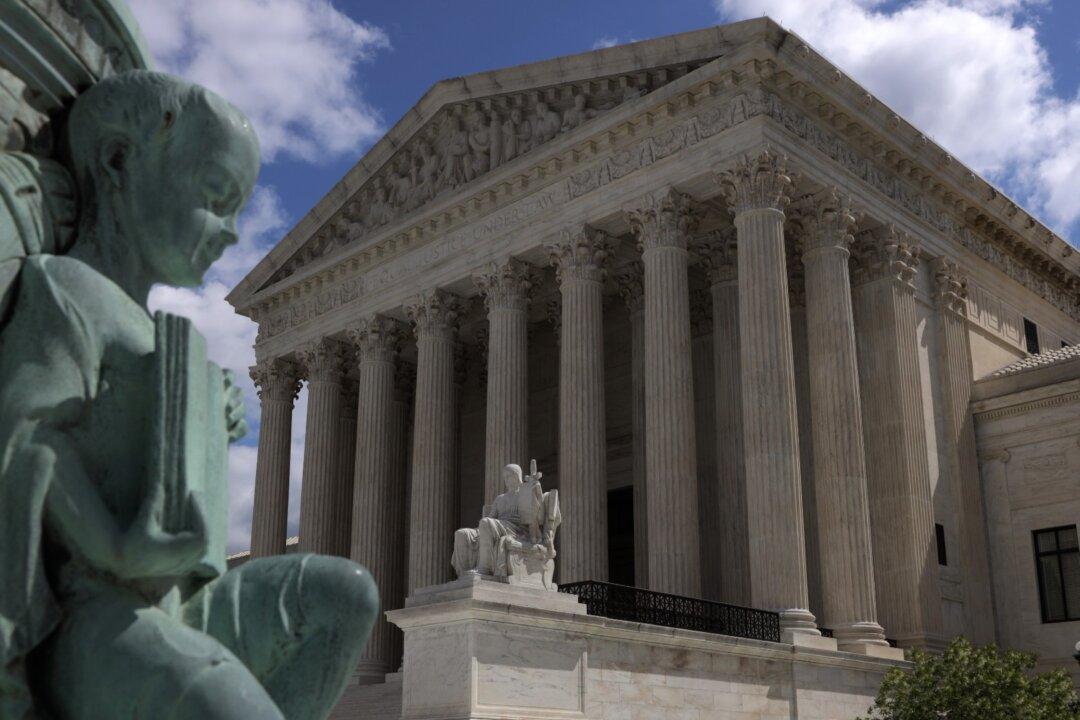Google LLC and Facebook Inc. have asked the Supreme Court in an upcoming case to make it more difficult for prospective class-action plaintiffs to sue them in court.
The friend-of-the-court brief, which also includes eBay Inc., the Computer and Communications Industry Association, the Internet Association, and the Technology Network, was filed in TransUnion LLC v. Ramirez, which is scheduled for oral argument on March 30.





